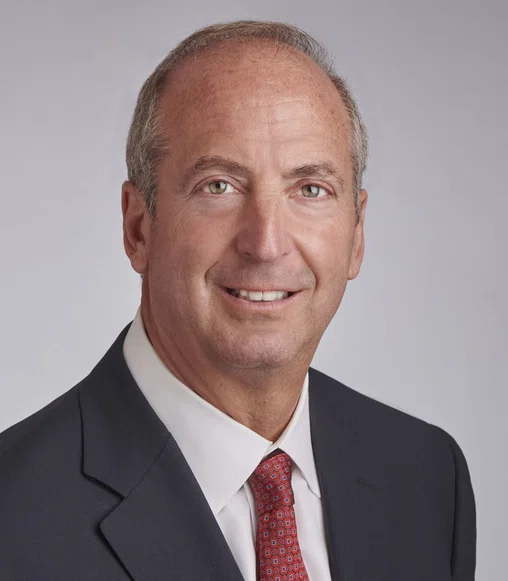Published in London & New York
10 Queen Street Place, London
1345 Avenue of the Americas, New York
Creditflux is an
company
© Creditflux Ltd 2024. All rights reserved. Available by subscription only.


News
Double digit returns tempt Middle Eastern investors to allocate to private credit
by Kellie Ell
Investors in the Middle East are allocating billions to private credit. The trend is just getting started, with investments in the region expected to grow and international asset managers setting up in the Middle East as a result.
The cash flowing from Abu Dhabi, United Arab Emirates and Saudi Arabia is a relatively new phenomenon. The region’s oil-rich economies historically favoured the investing profile of private equity, and ignored the more prosaic returns promised by private credit.
That is changing as rising interest rates have boosted private credit performance. “The Middle East is one of the fastest-growing markets for private credit,” said Ted Koenig, chairman and CEO at Chicago-based middle market lender Monroe Capital.
Koenig estimates the private credit market in the Middle East will grow as much as 25% annually for the next five years. Economies in the region are flush with oil wealth and in growth mode with young populations, and the region’s investors are increasingly drawn to the double-digit returns that private credit has delivered recently.
Monroe isn’t alone in seeing the region’s potential. Global law firm White & Case declared the United Arab Emirates is “primed to emerge as a relatively untapped well of potential for private credit providers” in a report earlier this year.
Many firms are sending senior staff to the Middle East to raise funds. At the same time, with private equity returns underperforming, sovereign wealth funds, pension plans and family offices in the region are more than happy to tap into the thriving USD 1.7tn private credit market.


The Middle East is one of the fastest-growing markets for private credit
Ted Koenig
Chairman and CEO
Monroe Capital
Most recently, Mubadala Investment Company’s asset management subsidiary Mubadala Capital sunk nearly USD 1.5bn into New York-based asset manager Aquarian. This move follows the sovereign wealth fund’s creation of a billion-dollar partnership with Goldman Sachs to co-invest in private credit opportunities throughout the APAC region. This vehicle was set up only a few months earlier.
Oscar Fahlgren, chief investment officer at Mubadala Capital, described the tie-up with Aquarian as “central to our operating ethos”, and said the long-term private credit partnership should “yield accretive results for our stakeholders for many years to come”.
This isn’t the first time Mubadala has invested in the global private credit markets. The Abu Dhabi-based USD 302bn sovereign wealth fund has partnered with the likes of Ares, Alpha Dhabi, Apollo, Barings, KKR and Blue Owl over the past few years in an attempt to tap into the asset class.
Other examples in the region include Saudi Arabia’s Jada Fund of Funds, a division of the country’s sovereign wealth fund’s public investment fund. In March, the organisation made a USD 52m investment into a fund managed by California-based financial firm Partners for Growth.
In March, Monroe hired Waleed Noor as managing director and head of Middle East distribution to run the new Abu Dhabi office. Three months later, London credit specialist 17Capital opened an office in Dubai, forecasting a pool of roughly USD 5bn in capital in the region known as the Gulf Cooperation Council (GCC), which includes Bahrain, Kuwait, Oman, Qatar, Saudi Arabia and the United Arab Emirates.
According to Global SWF, a data and consulting firm for sovereign wealth funds and public pension plans around the world, sovereign wealth funds in the GCC had a combined AUM of USD 4.1tn in 2023. That number could reach as much as USD 7.6tn by 2030, the organisation said in its annual report.
Koenig said that direct lending might be adopted quite slowly in the Middle East, as it has been in other parts of the world. But he added: “10 years from now, private credit will be a common way to finance.”





